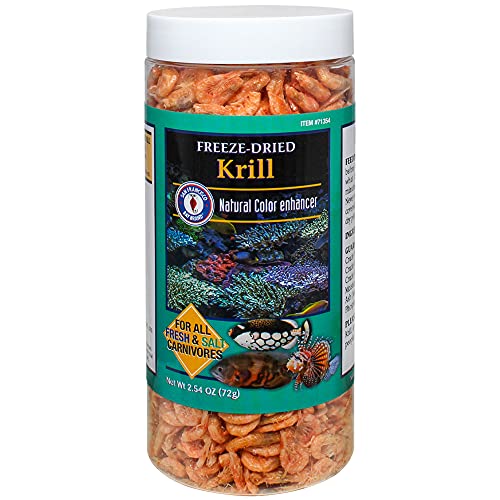You guys were in an argument without me? I'm hurt...

Although I didn't read the entire thread (who would? lol), I did read the last couple of pages. It's obviously been pointed out already, but algae control is an extremely complicated subject with very few definitive answers. There are a few things, however, that we do know.
1. They eat; but how much of each food requirement isn't really known. Nitrogen and phosphates are two staples that are most often talked about; especially phosphates. Limit their introduction, try to soak up what's in the water, and remove them by siphoning out junk are all good ways to lower the level. Will this bring that level down to where algae can't take over? Nope, not a chance. What does that mean for our tanks? Nobody really knows. Not exactly the answer anyone wants to hear, but it's the way it is. Next is nitrogen. The easiest form of nitrogen for all plants to use is ammonia, then nitrates. In fact if ammonia is present plants and algae will consume very little, if any nitrates. Instead of seconds or minutes, it can take hours or days to even begin using nitrates. This is one of the many reasons why algae grows best near collected junk; since the rotting junk is creating ammonia which hasn't yet been converted by the biological bacteria. The other reasons for algae growing near junk are other nutrients and of course the lack of water flow. Any area that collects junk has little flow, and therefore is easier to grow in if you happen to be algae.
2. Numerous life forms eat it. Fish, crabs, pods, worms, snails, slugs; even corals eat the microscopic algae in the water column. Does this help in any way to preventing it? Nope again. MikeS is right on when he pointed out that snails are mostly for looks. Almost all of what a snail takes in goes right back out to be eaten by more algae. This helps the looks of a tank a great deal if you have a properly balanced tank, but doesn't really solve the algae problem itself. Personally I've had tanks with lots of snails that had horrible amounts of algae, and tanks with no snails with virtually no algae; the reasons why are unknown to me; and apparently to everyone else as well.
There is one method of controlling algae that in theory should work perfectly, but often doesn't; and that's the use of algae scrubbers. What better way to remove the nutrients algae grows off of then to use algae? What's often found to be the case though is that algae requires such a small amount of nutrients to cause a problem that you can never really remove that much from the system. Algae aren't the only organism that uses phosphates for example; all life forms use it. If we could somehow remove enough of it to stop algae from growing we would literally kill everything else in the tank. Not exactly a perfect cure.
In both saltwater and freshwater tanks I've often found that the key to algae control is stability. In nature algae grows where water parameters are in constant flux; conditions that hinder most forms of life. Being an opportunistic creature though, algae thrive in such conditions. In tanks we see the same thing. A mature tank that stays stable in every way we know to check usually has little trouble with algae growth. When a tank is first cycling we usually see massive algae growth once we turn the lights on; which of course causes us to examine the parameters to see "what's wrong". Often you'll find very similar parameters to tanks with no algae. That doesn't stop us from spending an almost unlimited amount of money on gadgets like phosphate reactors, UV sterilizers and ozone generators; all of which may do nothing to curb the ongoing algae growth. Eventually it will likely go away though, and all is fine; once the system balances. It's my personal belief that refugiums help a great deal; not because the macro algae removes nitrates and phosphates, but because it creates a better balance to the system. Some nutrient export happens, our fish and inverts are fed a more natural diet which means we don't add as much to the system, and it's added water volume which helps stabilize parameters.
Wow, this has gotten long. I'm done for now, lol
Clayton




























































